History made in Clash of the Cultures

History was made last weekend in Auckland when New Zealand Māori football teams competed against Indigenous Australian teams for the first time in a clash of the cultures.
Male and female Māori Football Te Ikaroa teams took on the Australian First Nations Mariya teams in Auckland on Saturday, and the Māori marked the historic occasion with wins in both games at McLennan Park in Papakura. More importantly it was another step in confirming a growing relationship between the two cultures.
The women's Māori team were too good for their Australian indigenous counterparts beating them 5-0, and the men also winning 3-2 in a match described as “a typically hard-fought trans-Tasman battle with tempers flaring in the stifling summer heat”.
The games attracted national and international media interest with networks as far afield as the BBC recognising the significance of the event with a story on their homepage.
Fittingly, the games began with the Māori players performing their own haka, which they had developed during their training camp, and the indigenous Australians responded with a traditional corroboree dance.
Australian First Nations Mariya team manager Bernie McLeod said it was a special occasion for both cultures as the Australians performed a dance which depicted movements of emu and kangaroos.
“That was the first time that they have performed it live,” McLeod told Radio NZ. “For them to do that is was a bit emotional for them. That is what it is all about.”
McLeod said the internationals would help inspire more young indigenous footballers.
Brooke Wylie, the Co-captain of the New Zealand Women’s Māori team, said it was special to win after a week of bonding with the players both on and off the field.
“Coming here and winning on home ground is just an amazing feeling, it just can’t be beat,” she said after the game.
The Saint Kentigern College student Wylie, who was co-captain alongside Ella Golding, said the coming together of cultures was great to be part of and she hopes it is the start of an annual event.
“In everyday life you sometimes feel like the minority, and it is a little bit hard, but getting in touch with your culture like this and really letting it all come together is awesome and it is setting history.”
Golding, from Mount Maunganui College, said it was the fulfilment of a lifelong dream to secure a victory over the trans-Tasman rivals in an international. She put the success down to team bonding.
“We started off a little bit apart but by the end of the week we were really close. We are like sisters now so it is pretty cool,” said Golding.
A number of New Zealand age group representatives were involved in the fixture including Football Ferns midfielder Grace Jale and Samantha Tawharu.
Following the women, the NZ Māori Men edged their Australian indigenous counterparts in a match that was physical and hotly contested.
Māori team captain Rhys Ruka was proud of the performance his young side delivered against an experienced Australian outfit.
“This is a big achievement, especially for the young Maori boys coming through,” said Ruka. “To get this sort of experience against a quality side like the Aborigines is really good for them.”
Around 600,000 Māori live in New Zealand and while football is not a traditional sport for the indigenous culture, it is growing and events like this will only promote those pathways.
Māori women's team coach Phillip Pickering-Parker, who is also the chairman of Māori Football NZ, said that the organisation's goal is to instil pride in Māori culture through sport.
"We're trying to use football as a vehicle to use those with Māori lineage to not only play the game but also to explore the culture of Maori and what it means to be Māori," he said.
Jamie Milne, the New Zealand Football Community Development Manager, congratulated the organisers and elders of both the New Zealand and Australian indigenous teams for many months of hard work that went into organising the fixtures.
“It was fantastic to observe both female and male teams represented in what was a historic day for football in both New Zealand and Australia,” said Milne.
“These games were an excellent advertisement for cross-cultural relations using football as the mechanism and long may the clash of cultures football fixtures go ahead. Well done to the players and management plus all those working in the background to make these games happen.”
There are plans to build on the success of this inaugural fixture and make the New Zealand Māori versus Australian Aborigines an annual event on the football calendar.
To find out more about Māori Football NZ; Click Here
Photo Credit; JLS Photographs

New Zealand Football Inc
Football House, North Harbour Stadium,
Stadium Drive, Albany,
Auckland, New Zealand
© Copyright New Zealand Football. All rights reserved.
Sign up to our fan newsletter:


